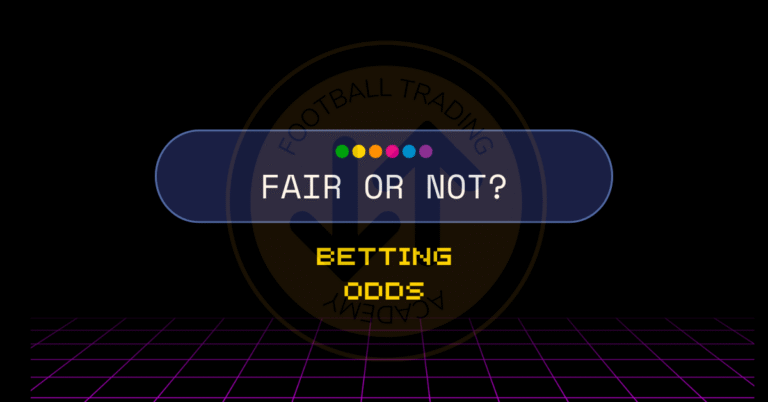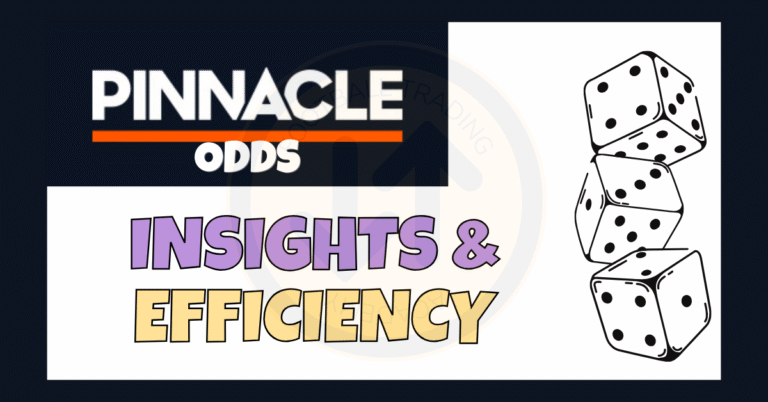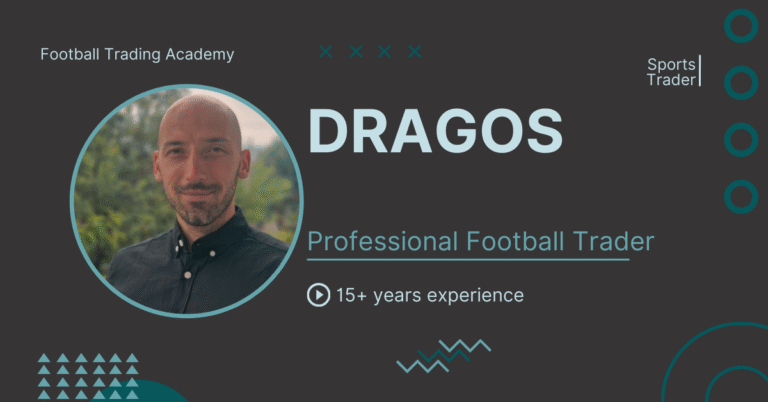Is trading gambling? This is a question that many ask when they first discover sports trading. While both involve money and betting markets, the reality is that sports trading and gambling are fundamentally different in their approach, mindset, and execution. A gambler is focused on predicting the outcome of an event, while a trader is analyzing how other bettors behave in the market to find profitable opportunities.
The Gambler vs. The Trader
A gambler asks: “Who will win?”
A trader asks: “What will gamblers do in this market?”
This difference in thinking is crucial. Gamblers place bets based on gut feeling, luck, or emotions, while traders operate based on logic, market data, and probability.
Key Differences Between Gambling and Trading
Aspect | Gambling | Sports Trading |
Mindset | Focuses on guessing the final outcome | Focuses on market movements |
Decision Making | Emotional, based on instincts | Analytical, based on market behavior |
Risk Management | High risk, often all-or-nothing bets | Uses hedging and minimizing losses |
Market Activity | Places a bet and waits | Always monitoring for opportunities |
Profitability | Dependent on luck | Built on skill and strategy |
Control | No control once the bet is placed | Can adjust positions during the event |
A Trader is Always Active—A Gambler Just Waits
Another major difference is that a trader is active, constantly scanning the market for opportunities, while a gambler simply places a bet and waits for the outcome.
A gambler follows a “bet-and-forget” approach, hoping that their selection wins. He analyzes past events and other statistics to find reasons for picking an outcome. Once the bet is placed, there’s nothing else they can do.
A trader, however, is always engaged in the market. They analyze odds movements, track price fluctuations, and adjust their trades accordingly. If the market shifts, a trader can exit, hedge, or take advantage of a price swing. A trader never relies on historical statistics. He sees patterns and knows his exit point before engaging in the trade. This ability to be flexible and respond to market conditions is what makes trading a skill-based activity rather than pure gambling.
Risk Management: The Key to Long-Term Success
One of the biggest reasons why trading is not gambling is risk management.
Gamblers risk their full stake on a single outcome. If they lose, the money is gone.
Traders control their risk by adjusting their stake, hedging when needed, and closing positions when they see market shifts.
Professional traders never go all-in on a single trade. Instead, they minimize risks and maximize potential profits over a long period of time.
Can Trading Become Gambling?
Yes—if done incorrectly. If you trade without a strategy, chase losses, or bet emotionally, then your trading is no different from gambling. Many beginners fall into this trap because they do not track their results or analyze their mistakes.
Using a sports trading tool like Bet Angel, doesn’t make you a sports trader…
Is Trading Gambling? The Final Answer
No, trading is not gambling—if approached correctly. Sports trading is a data-driven skill where success depends on understanding market movements and managing risk effectively. A disciplined trader doesn’t simply hope to win—they look for patterns, analyze behavior, and adjust their positions to stay profitable in the long run.
So, the real question is: Are you trading like a gambler, or are you trading like a professional?





